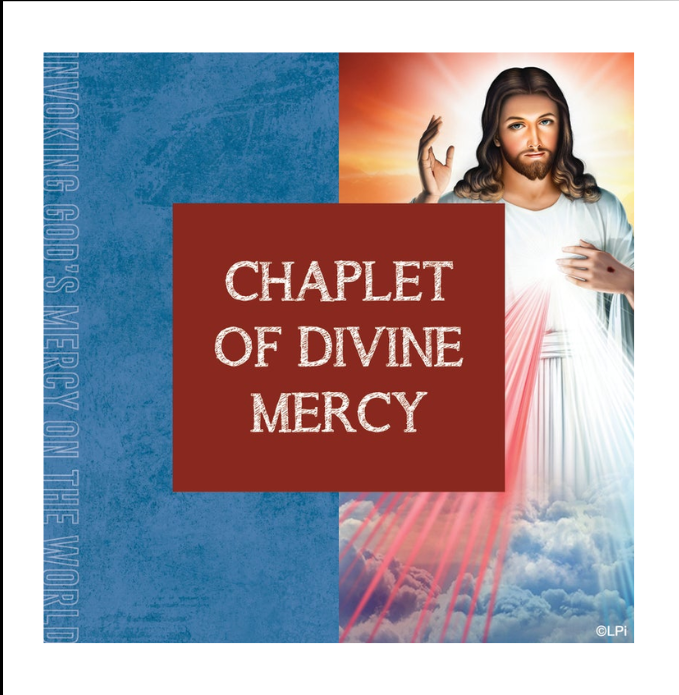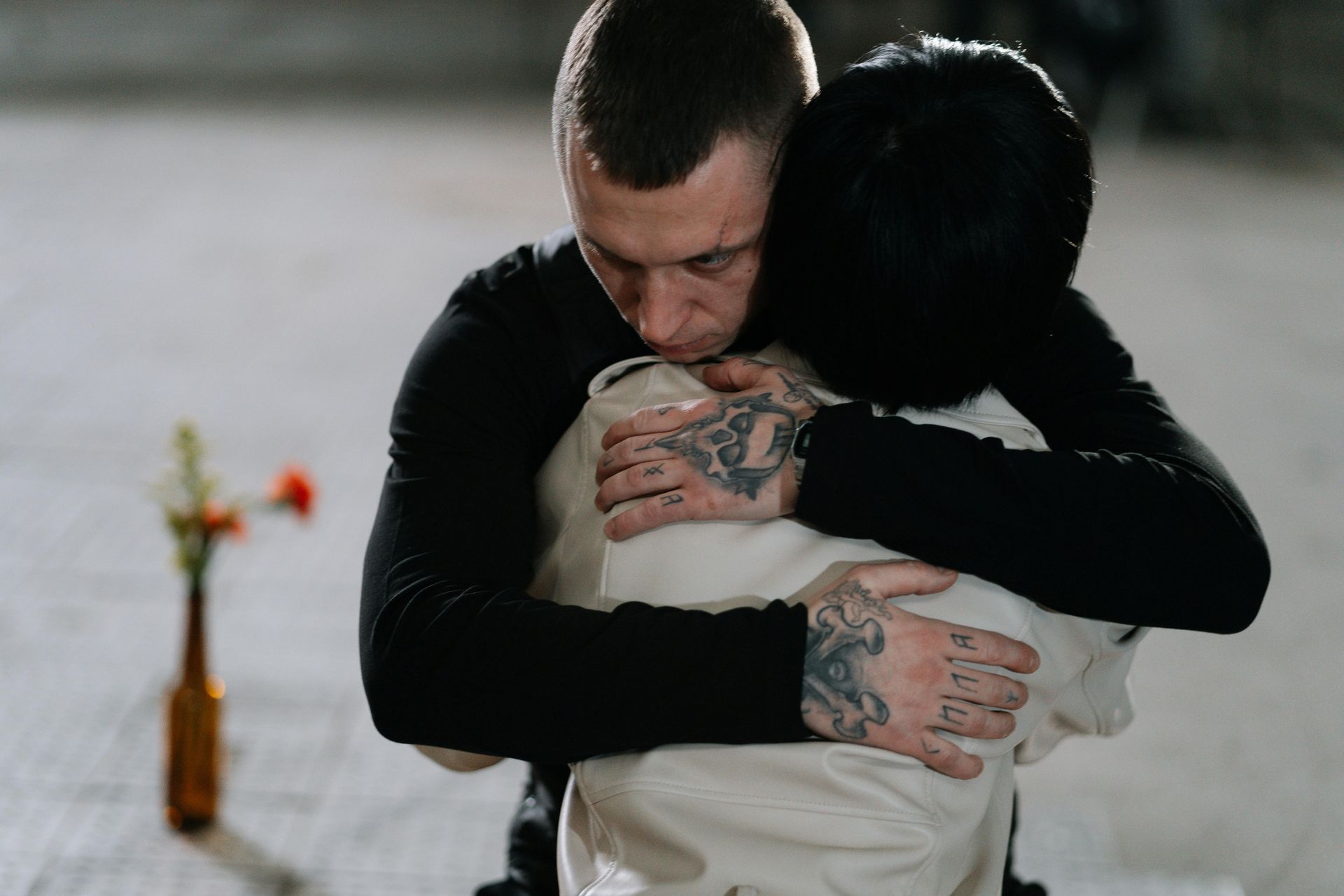The Commandment to Love God and Our Neighbors
I was assigned as a missionary in India in the late 1990s and beginning 2000s. It was an adventure and wonderful experience for me, but at the same time, it was a challenge. As a young priest I had to live and work in a totally different country and culture. I had to compromise many of my customs and things I used to do in Europe.
One of the difficulties I had to encounter was travel. Beside my parish and formation ministry I was asked to help in vocation work. Thus, I traveled a lot to visit our new candidates throughout the country. We did not have a car or even a motorbike in the religious community at that time. I used public transportation all the time.
One day I had to go to Mumbai, Maharashtra. I took a train from Cochin, Kerala to Mumbai and it was an adventure indeed. Those who have ever visited India and are familiar with Indian trains will know what I am writing about. First, the trains are very slow. You could sometimes get on and off while the train was running. Second, the trains had a few classes of comfort. The last one, usually at the end of the train, did not even have chairs inside. People, together with animals, packages and any kind of products, were sitting on the floor.
On that day it took me 29 hours to travel to Mumbai. I bought a middle-class ticket. I had a chair and little table but still I was extremely exhausted. When I got off the train, I found a little bench outside of the train station where I sat down. I was resting before taking another trip by bus to my final destination. Suddenly a young man greeted me and offered me a ride by rickshaw. I graciously accepted his offer and he brought me to the address I intended to travel. During that long ride, I learned his name was Manish. He traveled around the town and searched for people who were lost, sick, homeless, and in need. I presume I looked terrible when Manish noticed me at the train station. At the end, when I wanted to pay, he refused. He had a terribly messy life before his conversion. Now, helping others kept him going and gave him a purpose to live.
I left India twenty years ago, but I still remember Manish, who helped me in need. I am still impressed with his good heart, and with what he was doing. His example helps me to listen and understand the Book of Exodus (today’s first reading) where God is asking his people to have compassion and take care of the widows, orphans, aliens, debtors, and those in need. God has a good heart, especially for those who are in need. Like Manish, God searches and finds those who suffer and are vulnerable. Manish was not a Christian. He believed in Hinduism. But he had a heart which was similar to God’s heart.
In his encyclical, “Fratelli Tutti,” Pope Francis speaks about non-Christians who have hearts similar to the heart of God, even more than the heart of those who are believers in Jesus Christ. Then Francis continues, ”Paradoxically, those who claim to be unbelievers can sometimes put God’s will into practice better than believers” (#74). I presume Pope Francis spoke about people like Manish.
The greatest commandment to love God and our neighbor (today’s gospel reading) reminds us to have hearts similar to God’s, full of compassion for those vulnerable and in need. We are encouraged to listen to our good hearts, make an effort to go out of our comfort zones, and find those who are in need. We have many of our brothers and sisters, our neighbors, at St. Martin of Tours and Franklin, who need our help. We must open our eyes and ears to see and listen to them.
Fr. Andrzej










